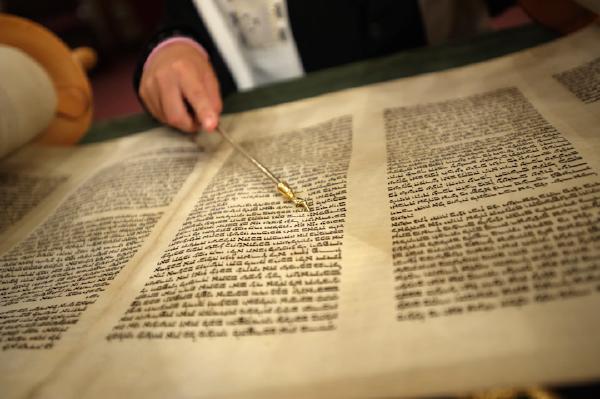Two Serious Problems for Presuppositionalism

The Canon of Scripture
How can a presuppositionalist decide which books belong in the canon of scripture?
The typically-accepted canon does not contain an authoritative list. What if I were to “presuppose” that 1 Maccabees or the Book of Enoch belonged in the canon? What if I wanted to eliminate Jude, Hebrews, Esther and Obadiah? It doesn’t seem like these changes would cause any great, internal inconsistency. If we say that some new book is inconsistent with the other canonical books, first we must ask how we know that our existing books are canonical? How can we use the Deuteronomy 18 test for prophets without first assuming that Moses was a prophet? Determining the canon by strictly presuppositional methods is the height of circularity. I realise that staunch presuppositionalists are not necessarily opposed to this. But I live in optimism that every person’s tolerance for irrationality must have a breaking point.
Hermeneutical Principles
Where does a presuppositionalist get their hermeneutical principles from?
From scripture? What hermeneutical principles were they using to interpret those scriptures? They cannot have been scriptural principles, because scripture had not been read yet! The presuppositionalist wishes to believe that they only use the words of God as their axioms. But in practice this simply cannot be true. The words “hear O Israel: the LORD our God, the LORD is one” mean nothing at all, unless they mean that Israel does not have 2, or 20, or 200 gods. But the denial of many gods is not stated explicitly. For these words to have that meaning, the speaker and hearer must have a prior commitment to the law of non-contradiction. Logical axioms are absolutely required to do even the most basic hermeneutics. That is to say, the very act of reading scripture must presuppose certain logical axioms.